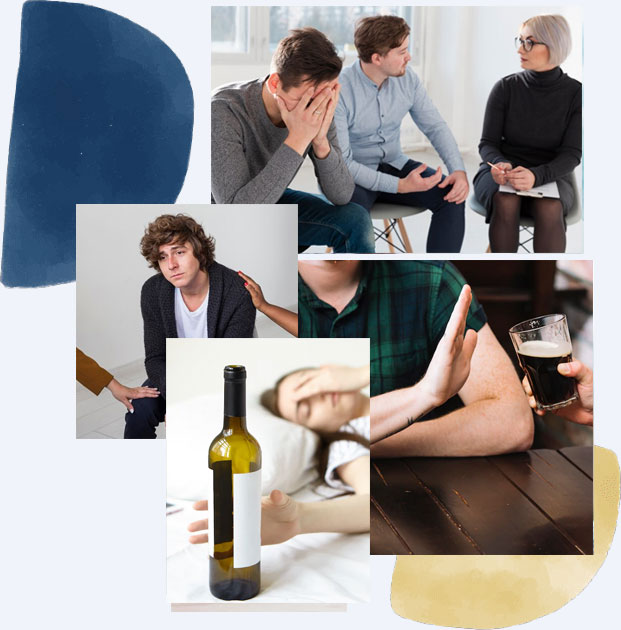The human mind is driven largely by hedonistic pleasures, and sometimes our ways of satisfying our desire for pleasure may drive us either to success or at times to despair. Achieving this state may sometimes be done with the use of “psychoactive substances” like alcohol, tobacco, cannabis, caffeine, cocaine etc, or sometimes through certain activities like gambling, smart phone usage, shopping, internet gaming use, sexual behaviour. While most of these are accepted and even appreciated up to a certain level, the pattern of engaging in such behaviours is extremely important. When the involvement becomes excessive that it leads to ignoring one’s role in the family and society, while culminating in mental or physical difficulties that arise when forced to withdraw from such activities, is a feature of dependence or abuse. You need to watch out for your loved one’s when they start to prioritize this “pleasure” over other aspects of life, and should seek professional help to overcome this dependence.


Other behaviours which may lead to addiction are gambling, internet gaming, sexual behaviours etc.
In behavioural addictions, the psychosocial effects are more notable when compared to psychoactive substance use disorders, for e.g. a gambling person may attempt several times unsuccessfully to stop gambling, becomes irritable over it and starts to lie to hide gambling , losses occur including issues at workplace, finally resorting to borrowing or even stealing money to meet gambling needs.
When any substance or behaviour gains more prominence in your life than yourself/ your dear ones/work, it may be an indication of dependence or abuse. Any dependence causes significant changes in the circuitry of the brain. A behaviour which starts as an impulse persists into a compulsion. A dedicated team of mental health professionals can understand the complexity of addictions starting from brain circuitry, stressors and the factors which do not ALLOW you to stop even when you WANT to. Using a combination of treatment options like medication, specialized counselling sessions like motivational enhancement therapy, motivational interviewing, family therapy etc. our team can provide you with the guidance and support that you require to finally say ‘NO’.

